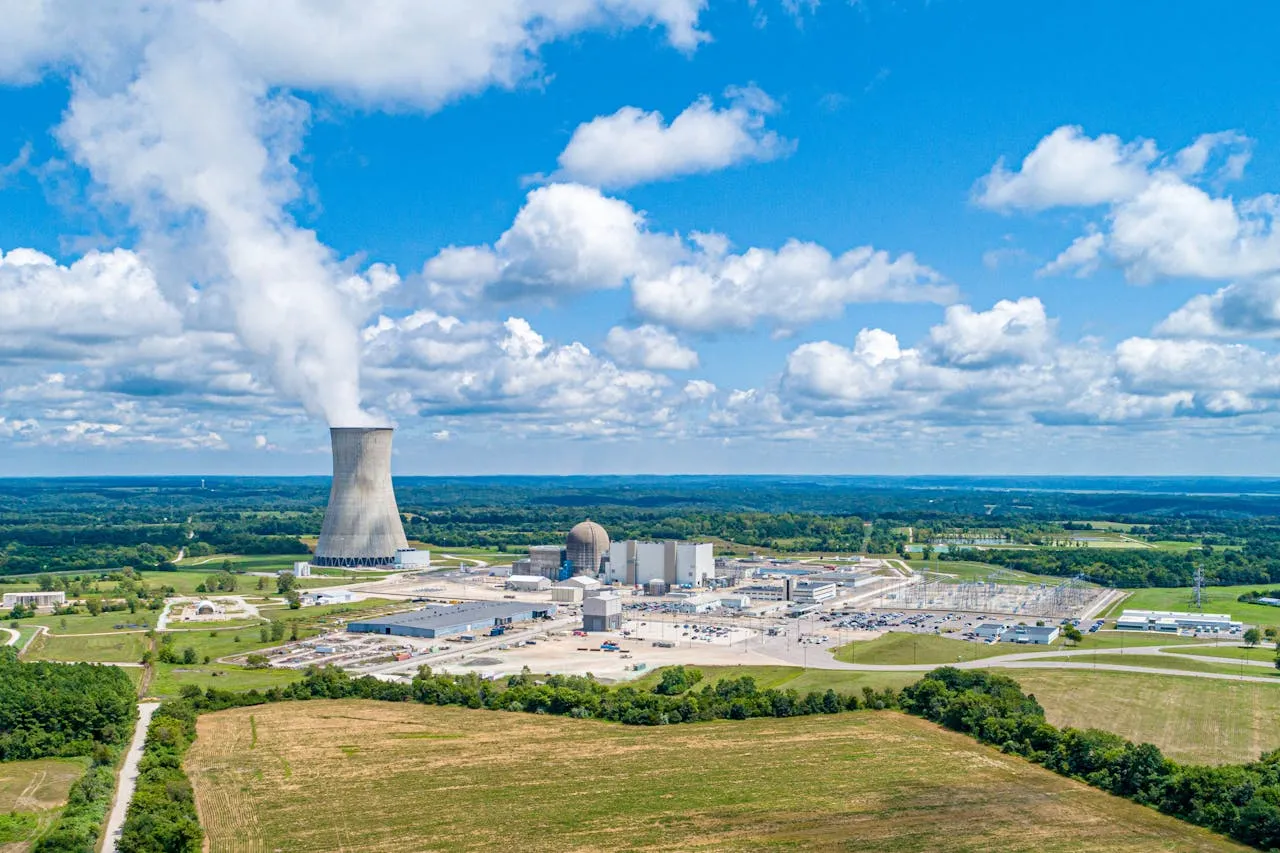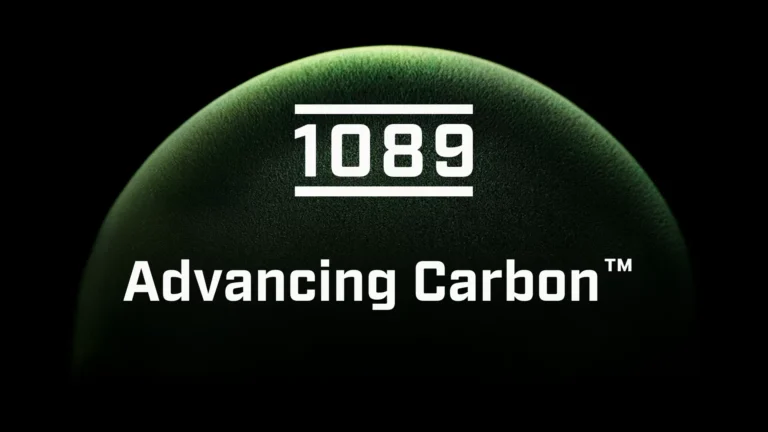
Standard Nuclear, Inc. and Framatome Inc. Form U.S.-Based Joint Venture to Scale TRISO Fuel Production for Advanced Reactors
Standard Nuclear, Inc. (“Standard Nuclear”) and Framatome Inc. (“Framatome”) today announced the creation of a U.S.-based joint venture (JV) aimed at producing commercial quantities of Tri-structural Isotropic (TRISO) fuel particles and proprietary advanced reactor fuel products. This landmark collaboration represents a major step forward in the development of a domestic supply chain for advanced nuclear fuel, combining the technical expertise, manufacturing capabilities, and extensive infrastructure of two of the nuclear industry’s leading organizations. The JV is poised to play a key role in enabling the next generation of advanced nuclear reactors, including small modular reactors (SMRs) and microreactors, both in the United States and internationally.
The joint venture, named Standard Nuclear-Framatome (SNF), is designed as a reactor-agnostic partnership, allowing it to produce TRISO fuel compatible with a broad range of advanced reactor designs. Governance of the JV will be managed by a board of directors composed of senior leaders from both companies, ensuring that strategic decisions are informed by expertise spanning both fuel manufacturing and nuclear engineering. By leveraging Framatome’s decades of experience in nuclear fuel cycle management and its proven manufacturing infrastructure together with Standard Nuclear’s pioneering TRISO fuel technology and production know-how, the partnership aims to deliver high-quality, reliable fuel solutions to meet the growing needs of the advanced reactor market.
Under this collaboration, both companies are committing to produce some of the most competitive TRISO fuel particles available for advanced reactor operators. TRISO fuel, consisting of uranium particles encased in multiple protective ceramic and carbon layers, is widely regarded as a breakthrough technology due to its superior safety characteristics and operational stability under extreme temperatures. Its resilience makes it a critical fuel type for high-temperature gas-cooled reactors (HTGRs), microreactors, and other emerging advanced nuclear technologies.
Scaling Production to Meet Market Demands
The joint venture has outlined ambitious production goals, with plans to initially manufacture 2 metric tons of TRISO fuel annually. While this may appear modest in traditional nuclear fuel terms, it represents a significant increase from current TRISO production capacities and is designed to serve the anticipated growth of the U.S. advanced reactor fleet. The partnership aims to establish a scalable production platform, providing a reliable domestic supply chain for both U.S. utilities and international customers seeking advanced reactor fuel solutions.
“This strategic partnership with Framatome marks a pivotal moment in establishing a robust, domestic TRISO fuel supply chain,” said Kurt Terrani, CEO of Standard Nuclear. “By combining Framatome’s proven infrastructure and expertise with Standard Nuclear’s manufacturing capabilities, we’re creating a powerful alliance that will deliver the high-quality TRISO fuel needed to power the next generation of advanced reactors. This joint venture reinforces our commitment to serving as America’s leading advanced nuclear fuel supplier while strengthening the Western world’s energy security through reliable, reactor-agnostic fuel production.”
Regulatory Pathway and Facility Plans
In support of this production effort, Framatome submitted a 10 CFR Part 70 License amendment for its nuclear fuel manufacturing facility in Richland, Washington, to the U.S. Nuclear Regulatory Commission (NRC) in September 2024. The NRC has accepted the amendment for review, with final approval expected by spring 2026. Pending regulatory approvals, the JV anticipates commencing fuel manufacturing operations in 2027. This timeline reflects both the complexity of licensing advanced nuclear fuel production and the rigorous safety standards that TRISO fuel manufacturing must meet.
The Richland facility will serve as a central hub for commercial-scale TRISO production, integrating Standard Nuclear’s pilot-scale expertise with Framatome’s established infrastructure to ensure both quality and efficiency. By co-locating operations and sharing technology, the JV aims to streamline production workflows, reduce costs, and accelerate delivery of fuel to the expanding advanced reactor market.
A Reactor-Agnostic Approach to Advanced Fuel Supply
The collaboration emphasizes a reactor-agnostic approach, meaning that the fuel produced can support multiple types of advanced reactors. This flexibility is increasingly important as the U.S. advanced reactor industry grows more diverse, encompassing SMRs, microreactors, and high-temperature designs with varying operational parameters. By ensuring compatibility across multiple platforms, the SNF JV positions itself as a versatile, long-term supplier capable of meeting a wide spectrum of customer requirements.
Statements from Leadership
Tony Robinson, CEO of Framatome, commented, “Pairing Standard Nuclear’s pioneering technology and full-scale pilot facility with our deep-rooted manufacturing expertise and scalable capacity has ignited a shared momentum. This isn’t just collaboration – it’s a shared vision and capability for the future of our industry to develop advanced reactor fuel on a commercial scale to support advanced reactor developers. Together, we’re building the foundation for a domestic supply chain that can reliably meet the evolving demands of the nuclear energy sector.”
Both organizations view the partnership as an essential step toward strengthening U.S. energy security. By producing advanced reactor fuel domestically, the JV reduces reliance on foreign sources of nuclear fuel while simultaneously supporting the country’s broader decarbonization and clean energy goals. The production of TRISO fuel domestically also addresses a critical bottleneck for advanced reactor developers, providing assurance that sufficient quantities of high-performance fuel will be available as new reactors come online.
TRISO Fuel and Advanced Reactors
TRISO fuel has long been recognized as a game-changing nuclear fuel technology. Each fuel particle contains a uranium kernel enclosed by multiple ceramic and carbon layers, forming a structure capable of retaining fission products even under high temperatures, beyond 1,600 degrees Celsius. This inherent safety feature makes TRISO fuel highly suitable for high-temperature reactors, microreactors, and other advanced designs that demand superior thermal stability and accident tolerance.
For Standard Nuclear, the joint venture represents an opportunity to scale its innovative TRISO technology from pilot production to full commercial deployment. As the only independent TRISO developer in the U.S., Standard Nuclear brings specialized technical expertise, process knowledge, and a track record of innovation in advanced fuel manufacturing. Framatome complements this with its global experience in fuel cycle management, large-scale manufacturing, and regulatory compliance, creating a partnership capable of delivering commercial-grade TRISO fuel at scale.
Looking ahead, the SNF JV is poised to serve as a cornerstone of the domestic advanced nuclear fuel supply chain. Beyond initial production, the partnership aims to explore new fuel formulations, enhance manufacturing efficiency, and expand capacity to meet long-term demand. By doing so, the JV will help accelerate the deployment of advanced nuclear technologies, support decarbonization efforts, and strengthen the reliability of U.S. and Western energy systems.
The collaboration also signals a broader industry trend toward strategic partnerships between technology developers and established manufacturing leaders. As the global nuclear sector evolves, the integration of innovative fuel technology with proven production capabilities will be critical to realizing the full potential of advanced reactors. By combining their respective strengths, Standard Nuclear and Framatome exemplify how such partnerships can overcome technical, regulatory, and supply chain challenges while delivering tangible benefits to the energy industry.







